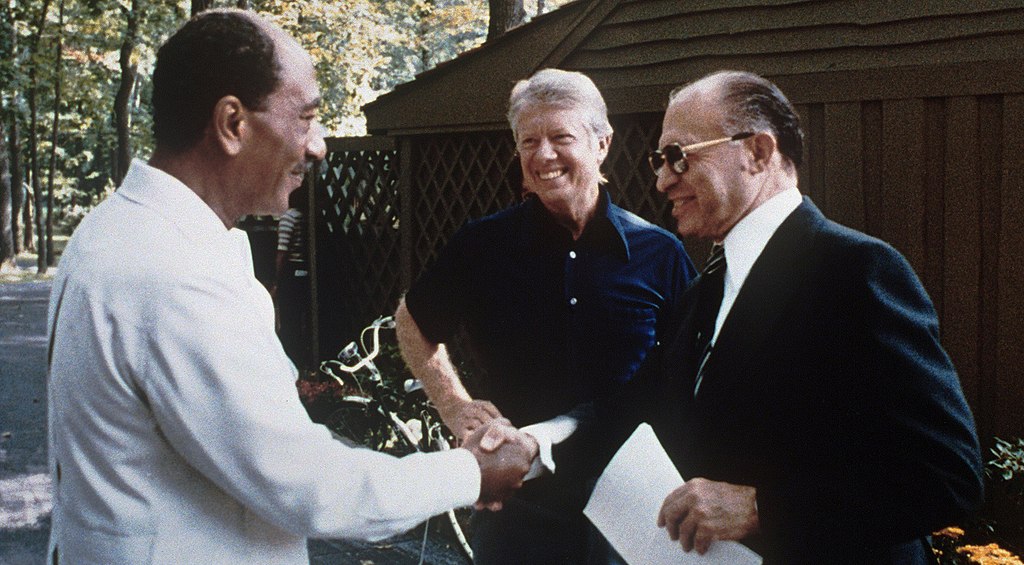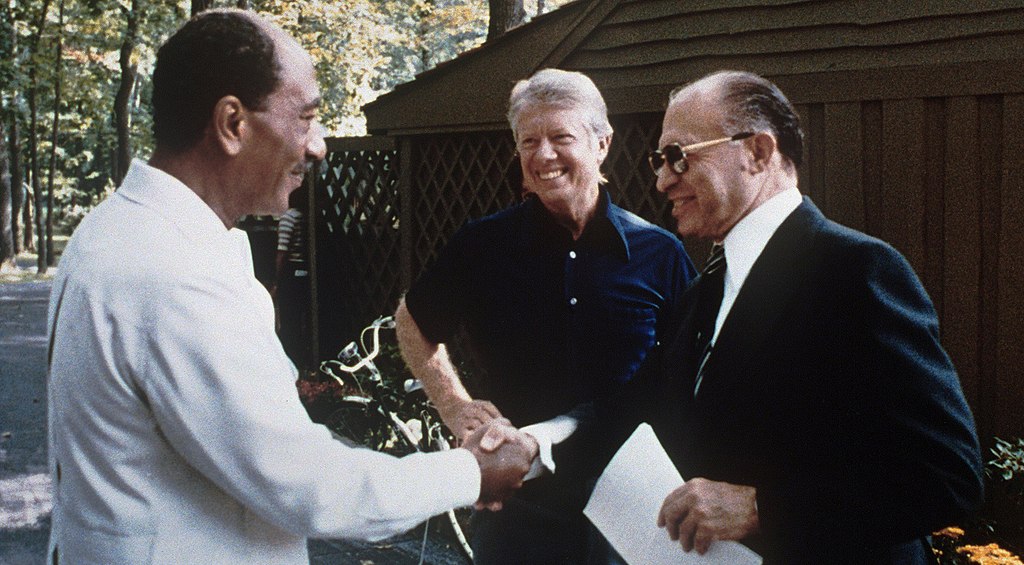Authors:
Historic Era:
Historic Theme:
Subject:
Winter 2025 | Volume 70, Issue 1


Authors:
Historic Era:
Historic Theme:
Subject:
Winter 2025 | Volume 70, Issue 1

Editor's Note: Yanek Mieczkowski is a presidential historian and author of Gerald Ford and the Challenges of the 1970s, Eisenhower’s Sputnik Moment: The Race for Space and World Prestige, and The Routledge Historical Atlas of Presidential Elections. He teaches at the Florida Institute of Technology.
In 1977, Jimmy Carter arrived at the White House with no foreign policy experience, and as the former one-term Georgia governor’s presidency progressed, his diplomacy attracted criticism and seemed to epitomize weakness. By 1980, one poll showed that Americans disapproved of his foreign policy by 82 to 17 percent. Carter’s reputation as a micromanager, blind to the big international picture, prompted West German Chancellor Helmut Schmidt to comment that America’s leader “knows everything and understands nothing.” Yet in history’s rearview mirror, Carter’s foreign policy looks better. He presided over four years of peace and bequeathed lasting legacies.
Carter brought a lofty idealism to U.S. foreign policy, wishing to end the Cold War’s fixed gaze on power politics and military might. To improve Third World relations, he secured Senate approval of the Panama Canal Treaties, which he called “a litmus test” of how a superpower should treat smaller nations. By turning control of the Canal Zone to Panama, the agreement improved U.S. relations with Central America.
Another Carter diplomatic initiative involved China. In December 1978, Carter stunned the world by announcing that he would grant diplomatic recognition to Communist China, displacing America’s decades-old relationship with Taiwan. The latter’s supporters fumed at Carter’s move, yet it anticipated China’s rise as a global superpower.
In addition to cultivating new ties, Carter maintained connections with established allies. He reinforced diplomatic breakthroughs that President Gerald R. Ford had forged, continuing the G-7 summits with industrialized allies, where leaders assembled in different host cities and coordinated economic policies. Carter also encouraged change in Eastern Europe. The American delegation he sent to the 1978 Conference on Security and Cooperation in Europe urged observance of the 1975 Helsinki Accords, which Ford considered his greatest diplomatic achievement, promising freer movement of people and ideas across the Iron Curtain.
In effect, Carter induced the Iron Curtain to rust, weakening it and encouraging stirrings of independence in Soviet satellites. A little more than a decade later, the Iron Curtain fell, and then the Soviet Union collapsed.
But in the 1970s, the Soviet Union was still formidable, and Carter whipsawed between warm and frigid relations with this Cold War adversary, fostering an image of vacillation and weakness. During the decade, détente—easing tensions with the U.S.S.R.—was in vogue, and in 1979, Carter and Soviet President Leonid Brezhnev signed the SALT II arms control treaty, kissing each other on the cheek when they inked the agreement in Vienna.
The